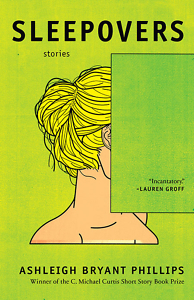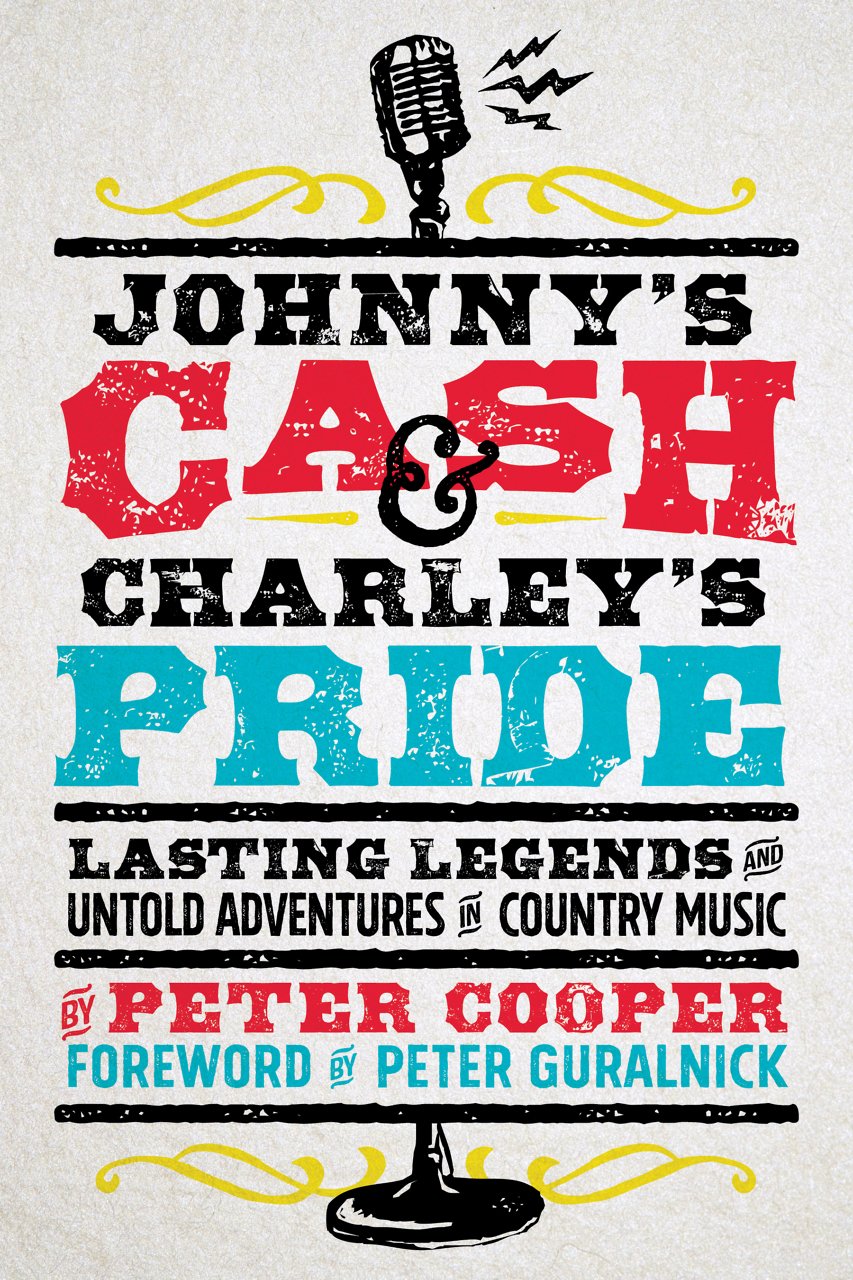Unspoken Prayers
Ashleigh Bryant Phillips weaves a transcendent tapestry of stories in Sleepovers
Ashleigh Bryant Phillips’ debut story collection, Sleepovers, is set in the rural northeast corner of North Carolina where she was born and raised. Her characters display plainspoken charm and a desperate sense of longing, their Southern dialect peppered with sudden poetic turns. Phillips welcomes readers into these stories by weaving specificities of the place with deep empathy for the people who inhabit it.
 Throughout the collection, characters desire connection and intimacy but are thwarted by the rough-edged realities of working-class rural life. In “Shania,” a little girl who says “she was named after the sexiest country music star alive” teaches the unnamed narrator how to rain dance after they become blood sisters. Upon learning about the domestic abuse occurring in Shania’s home, the narrator wants to tape notes to the seat of the swing in her front yard: “I think that’ll be a good place for her to find them. I want to tell her it’s gonna be okay. And we’ll keep telling each other things like that. But what happens is I never end up leaving her any notes. We go to different schools.”
Throughout the collection, characters desire connection and intimacy but are thwarted by the rough-edged realities of working-class rural life. In “Shania,” a little girl who says “she was named after the sexiest country music star alive” teaches the unnamed narrator how to rain dance after they become blood sisters. Upon learning about the domestic abuse occurring in Shania’s home, the narrator wants to tape notes to the seat of the swing in her front yard: “I think that’ll be a good place for her to find them. I want to tell her it’s gonna be okay. And we’ll keep telling each other things like that. But what happens is I never end up leaving her any notes. We go to different schools.”
In “An Unspoken,” Hal and Clara live next door to a troubled young man, Corey, and attempt to help raise him by offering meals and fussing over his dog. The permeating loss of their own eight-month-old baby haunts their lives and relationship, and their parental concerns for Corey stem from their grief. After Clara witnesses a troubling incident in Corey’s backyard, the story concludes on her church pew where she offers an anonymous prayer request: “a rare request, reserved for those who were brave enough to ask for prayers about the unspeakable.”
Phillips’ characters have rich interior lives that don’t always translate gracefully into their communities. Several stories in Sleepovers feature characters who aren’t from the small town or who return to it and struggle to live in its scrappy constellation of Duck Thru gas stations and dollar stores.
 The title character in “The Truth About Miss Katie” is an art teacher, described by the unnamed child narrator as smart, pretty, and affirming of her burgeoning artistic eye. Miss Katie soothes the narrator when she gets her period and offers her sanitary pads from a cache in her desk (which also hosts a papier-mâché sculpture of Miss Katie’s boobs). One day, the narrator eavesdrops as her teacher speaks to a friend on the phone and reveals how she genuinely feels about the town, the school, and a 7Up cake that her adoring student particularly loves. “I can’t believe she said that,” the narrator says. “I mean she told us that she loved the 7Up cake. And it really is so good. We never get it except only on special occasions when Sammy’s mama makes it.” Miss Katie’s place in the narrator’s heart is immediately compromised.
The title character in “The Truth About Miss Katie” is an art teacher, described by the unnamed child narrator as smart, pretty, and affirming of her burgeoning artistic eye. Miss Katie soothes the narrator when she gets her period and offers her sanitary pads from a cache in her desk (which also hosts a papier-mâché sculpture of Miss Katie’s boobs). One day, the narrator eavesdrops as her teacher speaks to a friend on the phone and reveals how she genuinely feels about the town, the school, and a 7Up cake that her adoring student particularly loves. “I can’t believe she said that,” the narrator says. “I mean she told us that she loved the 7Up cake. And it really is so good. We never get it except only on special occasions when Sammy’s mama makes it.” Miss Katie’s place in the narrator’s heart is immediately compromised.
In “The Hunting Lodge,” a college student named Joyner Lee returns to her hometown after graduation and struggles to find work or connection: “[It] was really hard for her to talk to her family about all the things she missed back in the city, all the things she had seen. She had one aunt who read Amish Christian Romance novels. And everyone she knew went to church.” Her cousin offers her a part-time job cleaning his hunting lodge between hunters.
She spends the rest of her time messaging with a writer she meets on Instagram. The writer, Sam, lives in Nashville, loves turkeys, and promises to visit her soon. Joyner Lee works hard, motivated by the thought of one day being with Sam, perhaps even traveling to Paris with him. “She was squirting windex [sic] into mounted buck eyes and drying dishes. She was taking out the trash… Every day he worked on a novel and she immediately read any of it he sent to her… Sentences that looped upon each other again and again like a big spiritual circle she didn’t understand. Sam asked her if she believed in quantum entanglement. He believed they were connected.” In time, though, Sam and Joyner Lee’s “connection” is tested, not due to any one incident but through slow revelation.
Phillips’ characters simultaneously see through facades and create them, sing hymns, and curse freely. They are disarmingly honest and hopeful, intelligent in ways that can’t be taught, and bound to one another by blood and proximity. Called “incantatory” by Lauren Groff, who judged it as the winner of the C. Michael Curtis Short Story Book Prize, Sleepovers is a transcendent tapestry of stories.

Lauren Turner is a multidisciplinary artist in Nashville. Her writing has appeared in The East Nashvillian, Women’s Review of Books, and Image Journal’s “Good Letters“ blog. She also serves as a blog editor for Nashville’s community radio station, WXNA FM, where she hosts her program The Crack in Everything.


